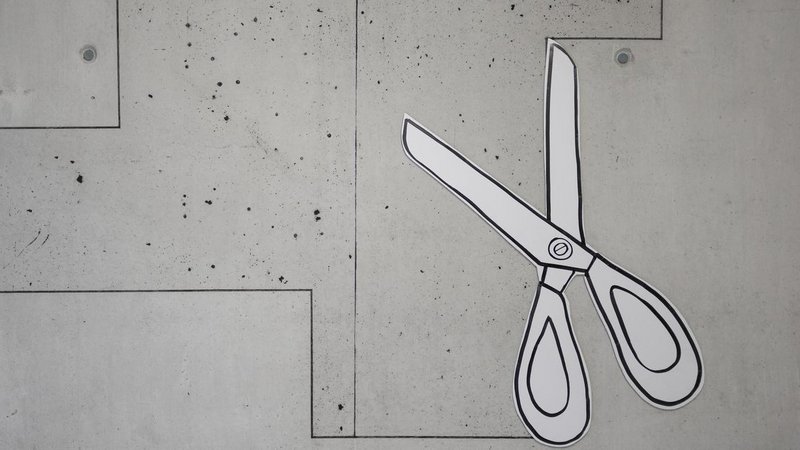How the OeAD promotes vocational education and training and further education in Austria

Erasmus+ is the EU programme for the promotion of vocational education and training in Europe
With Erasmus+ Vocational Education and Training the European Union promotes transnational cooperation between institutions that improve vocational education and training in Europe. Besides modernising and internationalising the participating organisations the programme also strengthens the competitiveness of entire sectors. Last but not least it increases the career opportunities of the participants.
Institutions (not individuals) can submit funding applications to the OeAD as the national agency for Erasmus+.
Erasmus+ for learners and for teachers and specialists in vocational education and training
Every year thousands of pupils in initial vocational education and training, apprentices and learners in continuing vocational education and training as well as teachers and vocational education and training specialists go to other European countries with Erasmus+ to learn or teach there. In the new Erasmus+ programme generation 2021-2027 an international dimension will be included in vocational education and training: under certain conditions funded stays are now possible worldwide.
Erasmus+ for teachers and specialists
Erasmus+ for vocational education and training organisations and other institutions
In the next few years vocational education and training all over Europe is supposed to fuel the recovery from the Covid-19 pandemic and a fair transition to a digital and green economy. Different types of transnational cooperation projects contribute to the vision of agile vocational education and training that adapts quickly to labour market needs and provides high quality learning opportunities for all age groups: Erasmus+ for institutions
Quality development in vocational education and training
One of the departments of the OeAD is the Austrian Reference Point for Quality Assurance in Vocational Education and Training (ARQA-VET).
ARQA-VET has three central tasks:
- As a network node in the EU network EQAVET we act as a link and communication interface to the European Union and thus enhance quality in vocational education and training on the European level.
- As a national expertise centre we provide information and cross-link the Austrian stakeholders, e.g. by means of the annual quality network conference.
- As a service and support provider we support the Department of Vocational Education and Training and Adult Education of the Federal Ministry of Education in the implementation and further development of the Quality Initiative Vocational Education and Training (QIBB).